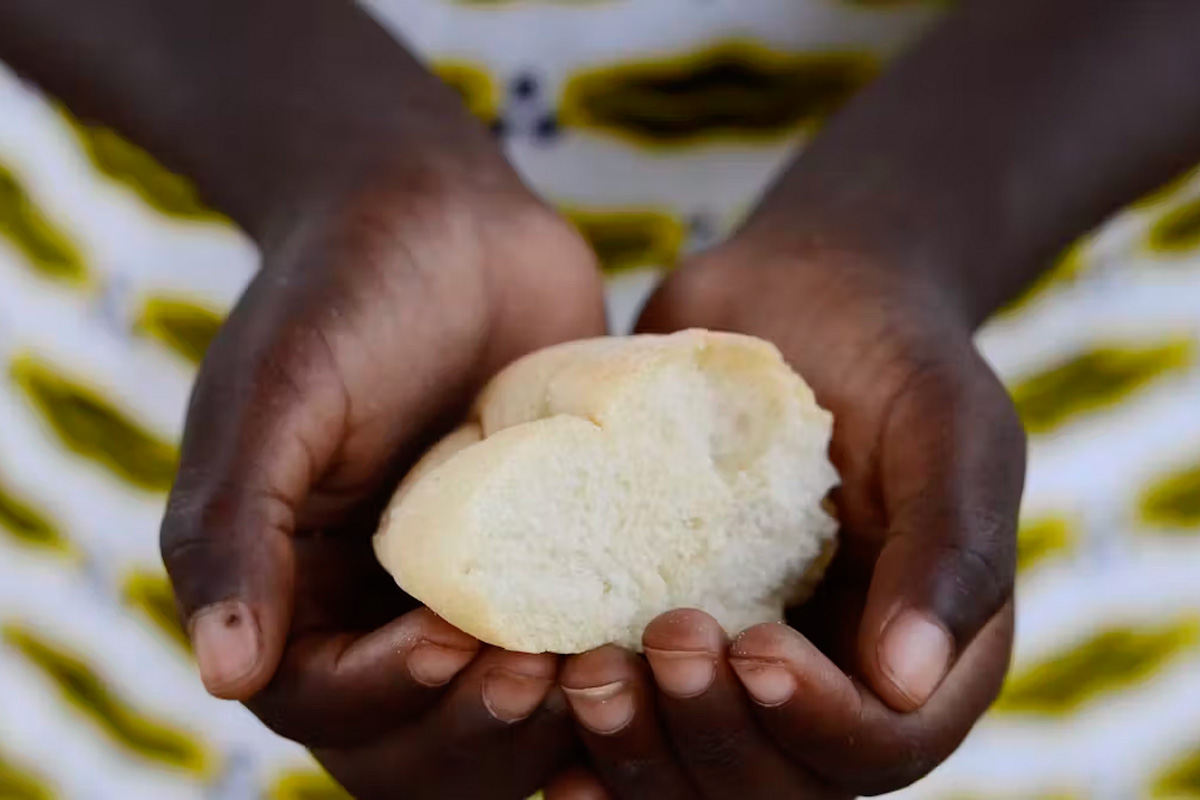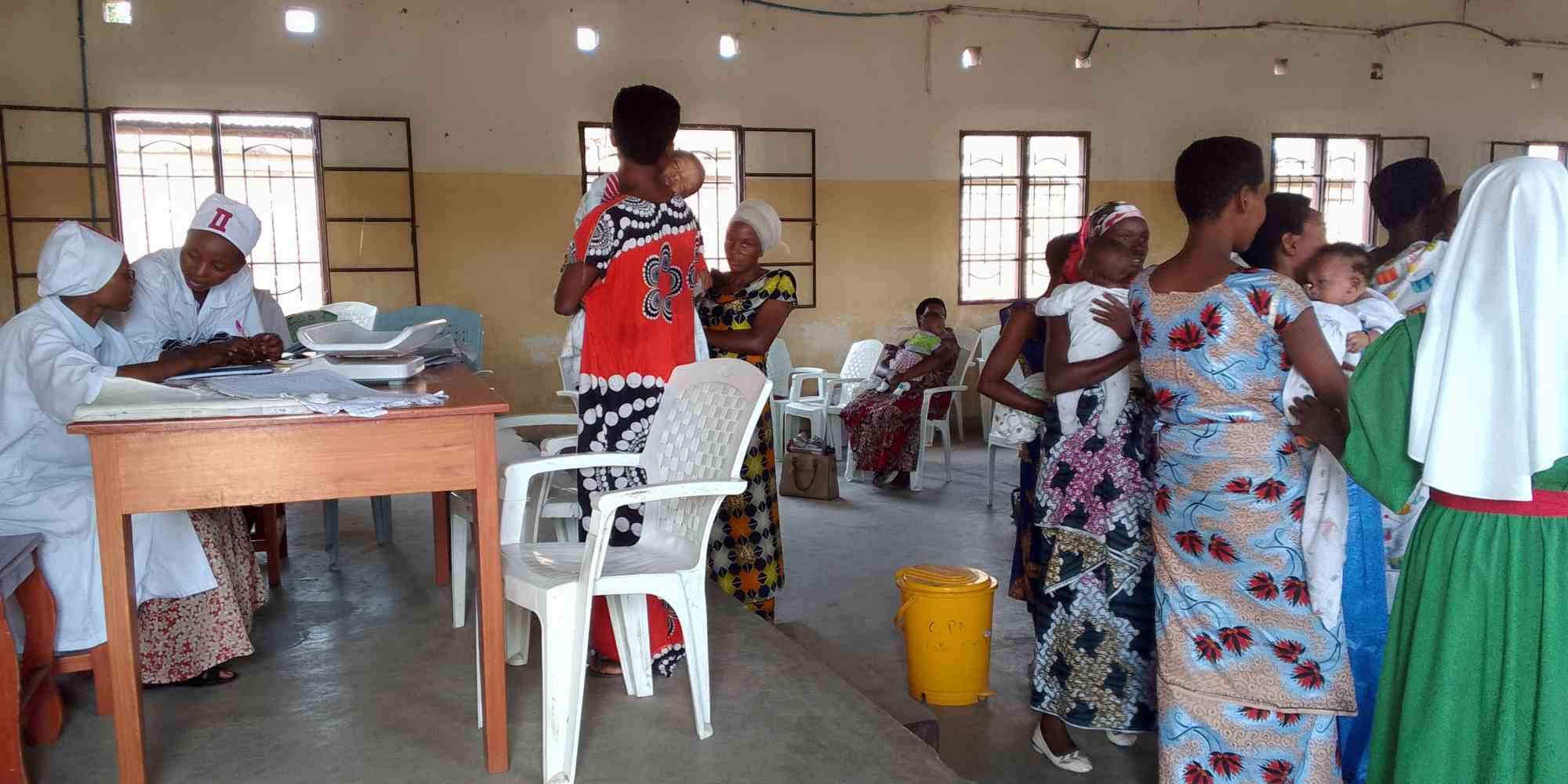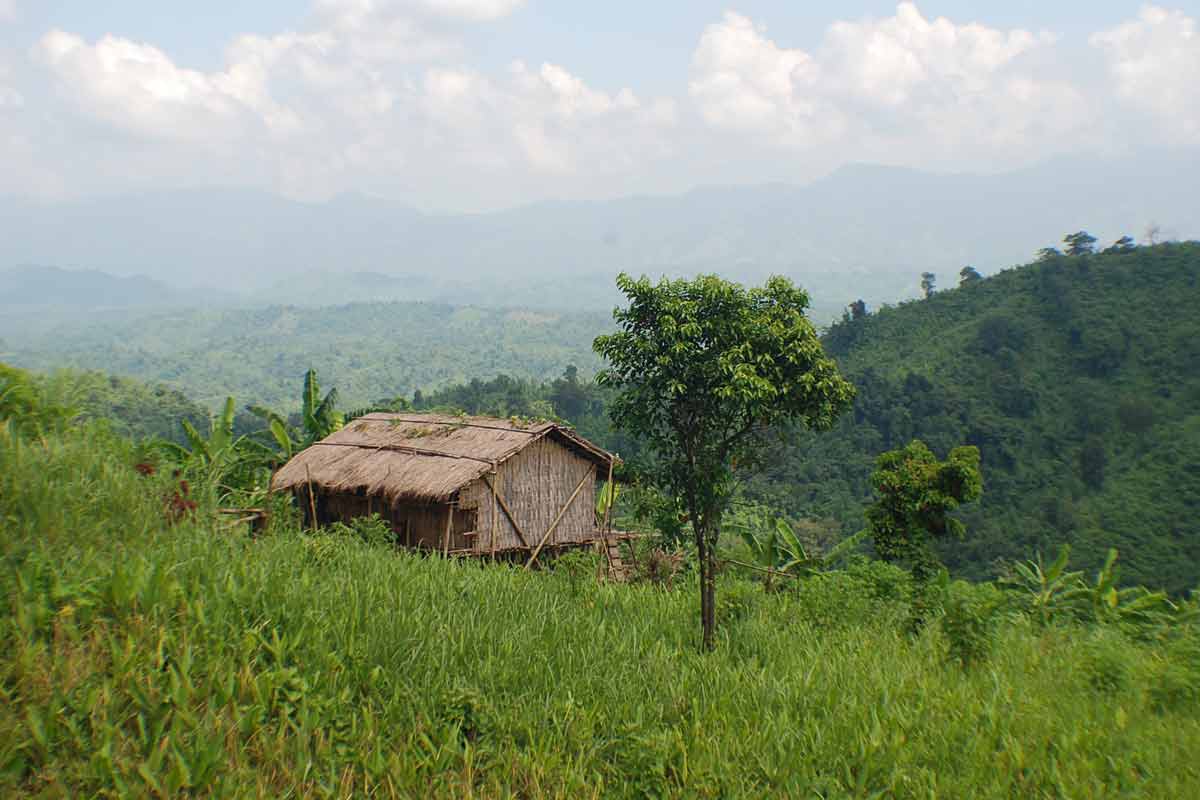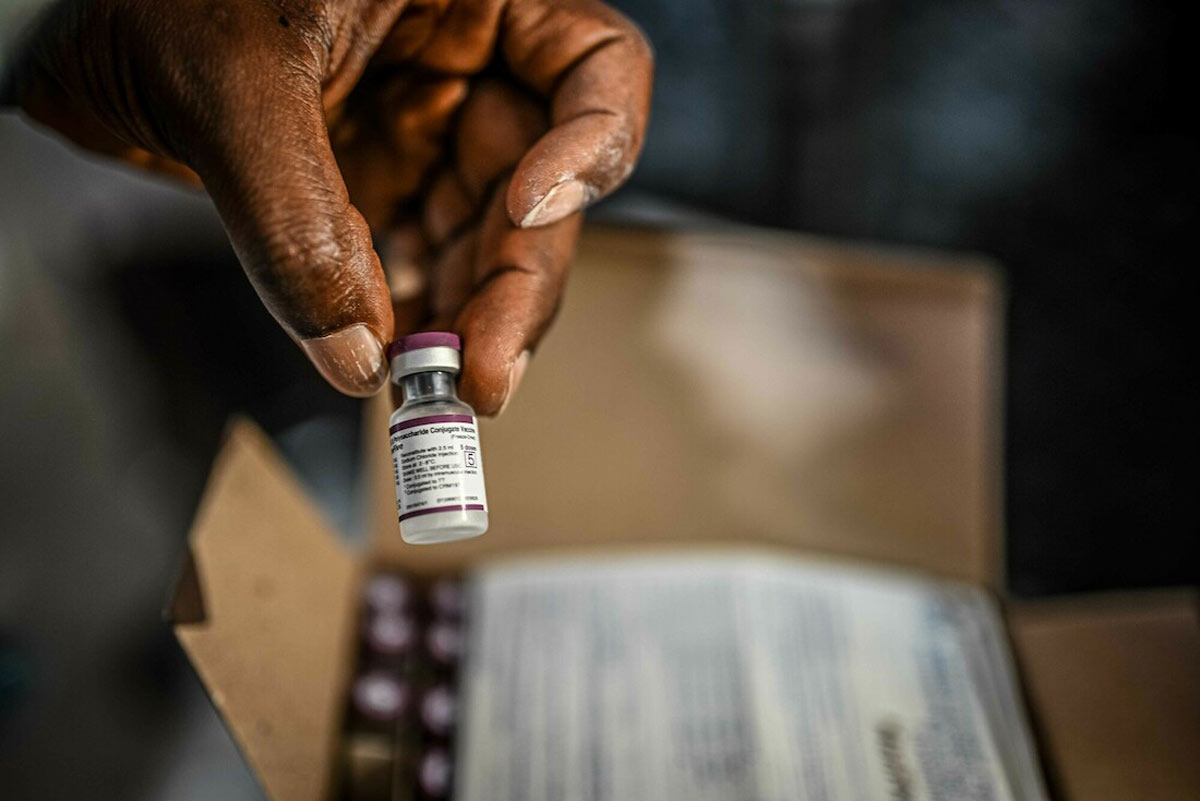Mark Alderson, Director, Pneumococcal and Polyvalent Meningococcal Vaccine Projects at PATH’s Vaccine Development Program.

A young girl is vaccinated at the MenAfriVac® launch in Burkina Faso. Photo: Gabe Bienczycki/PATH.
For years, PATH, a leader in global health innovation, has been working to conquer meningitis—one of the most feared diseases in Africa. With more than one million cases reported since 1988 and tens of thousands of deaths to its name, meningitis is a scourge on the lives of people living in Africa’s sub-Saharan meningitis belt. For years, we have watched the disease paralyze entire villages under the weight of sprawling illness, overburdened health systems, and economic hardship. For years, we have watched those lucky enough to survive meningitis struggle with permanent disabilities after the epidemics have faded. But finally, we’ve seen hope: the development of a new vaccine against the most common form of epidemic meningitis, Group A meningococcal meningitis —a vaccine that has virtually eliminated the disease in the countries it previously ravaged.
Meningitis, a severe infection of the thin lining that surrounds the brain and the spinal cord, can strike anyone anywhere but it mainly affects children living in Africa’s meningitis belt. Group A meningococcal meningitis, a bacterial form of the disease that has the most potential to cause large epidemics, has been particularly ruthless. Until now.

Vials and laboratory equipment at the MenAfriVac® launch in Burkina Faso. Photo: Gabe Bienczycki/PATH.
The introduction of MenAfriVac® in 2010 via mass vaccination campaigns has had an immediate and dramatic impact in breaking the cycle of Group A meningococcal epidemics. MenAfriVac®, stewarded by the Meningitis Vaccine Project (MVP)—a collaboration between PATH, the World Health Organization (WHO), the Serum Institute of India Private, Ltd., and partners on the ground in Africa—is the first vaccine to be developed specifically for Africa. In the years since its first introduction into Burkina Faso, more than 230 million people have been immunized across the meningitis belt and meningitis A has virtually disappeared wherever the vaccine has been used.
As PATH continues to celebrate one of Africa’s biggest public health achievements, we are thrilled to see the MenAfriVac® story supporting and inspiring other organizations in their efforts to eliminate deadly diseases such as meningitis once and for all. One such effort from the Center for Global Development is the Millions Saved project, which recently published Millions Saved: New Cases of Proven Success in Global Health, by Amanda Glassman and Miriam Temin. The book, a collection of global health success stories that focuses on large-scale efforts helping to improve health in low- and middle-income countries, includes MenAfriVac® as an example of the remarkable results that develop from strategic partnerships, innovative technology, and a drive to end the cycle of disease. MenAfriVac® is also featured on the Millions Saved website.

Children celebrate at the MenAfriVac launch in Burkina Faso. Photo: Gabe Bienczycki/PATH.
But the meningitis story isn’t over. The World Health Organization, in-country, and other global partners continue efforts to ensure the sustainable use of MenAfriVac® and the long-term control of meningitis A epidemics in Africa. This work includes continuing to distribute the vaccine across affected countries and ensuring that MenAfriVac® is added to national childhood immunization programs. PATH continues to be involved and is evaluating the vaccine’s protection over time. Gavi, the Vaccine Alliance, has contributed much to this effort, disbursing $367 million to meningitis A programs for campaigns and an emergency stockpile of the vaccine. Gavi also now offers financial support to countries to start integrating this lifesaving vaccine into childhood immunization programs.
It’s important to realize, though, that stopping meningitis A doesn’t mean stopping all meningitis. Group A meningococcus isn’t the only serogroup of the bacterium that causes epidemics across Africa: meningitis serogroups C, W, X, and Y can also spread across the continent in unchecked ways. In fact, a 2015 epidemic of meningitis C and W in Niger led to 8,500 cases and more than 570 deaths. The resounding success of MenAfriVac® demonstrates the need to pursue a vaccine that targets all five of the major disease-causing strains in order to eliminate meningococcal meningitis epidemics in Africa once and for all. With funding from the UK Department for International Development, PATH is again partnering with the Serum Institute of India Private Ltd., this time to develop a meningococcal vaccine candidate against groups A, C, W, X, and Y. The vaccine candidate is slated to begin early-stage clinical trials in 2016.

People wait in line to receive their vaccine at the MenAfriVac® launch in Burkina Faso. Photo: Gabe Bienczycki/PATH.
The hope MenAfriVac® has left in its wake is palpable in the healthy lives of those vaccinated. If we agree that any meningococcal meningitis epidemic in Africa is unacceptable, we must commit to vaccinating against all the major disease causing meningococcal serogroups in Africa, thereby ending meningitis epidemics for good. With MenAfriVac®, Africa is finally able to begin imagining a world without meningitis. We now know we can get there if we keep moving forward and refuse to quit until the job is done.






